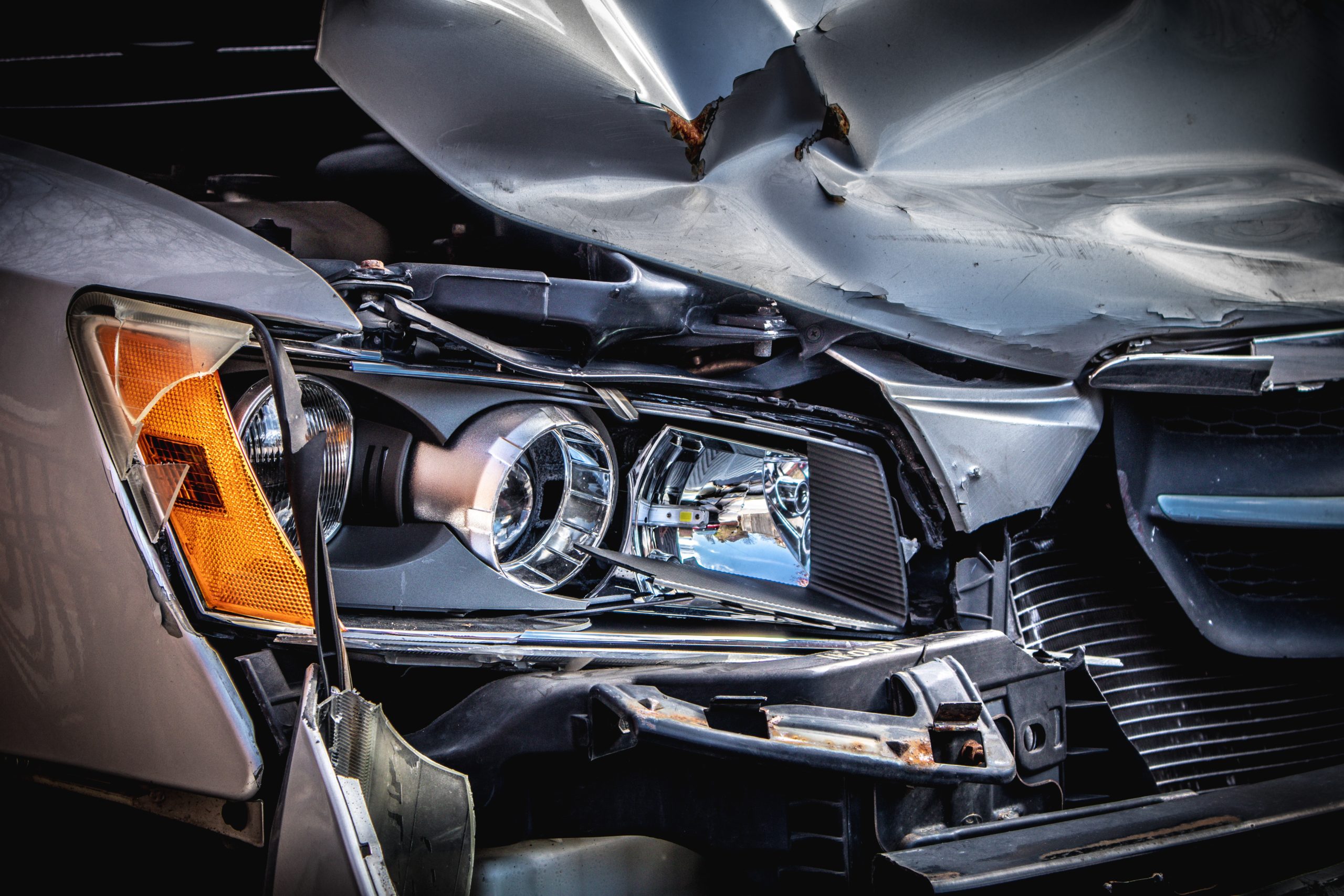7 To-Dos After a Car Accident
Knowing what to do after a car accident can be very confusing. Here are some tips that may assist you in ensuring foremost your health and safety, in addition to protecting your ability to claim fair compensation for any injuries and losses that you may sustain.

1. STOP
You are required by law to stop and exchange driver, vehicle, and insurance information with the other driver(s) involved in the accident. Failure to stop could result in a traffic ticket or even criminal prosecution.
If your vehicle is drivable and no one requires urgent medical care or assistance, you may move your vehicle to the side of the road, out of traffic, so long as it is safe to do so. Otherwise, or if there is a suspected impaired driver, vehicles should remain where they are so the collision scene can be investigated by the police.
Remember that collision scenes can be dangerous. To alert other drivers, use hazard lights, cones, warning triangles, and/or flares. When you exit your vehicle, assess the situation and ensure you walk to a safe place.
2. DETERMINE IF ANYONE REQUIRES URGENT MEDICAL CARE OR ASSISTANCE
Call 911 for an ambulance if anyone requires urgent medical care or assistance.
3. COLLECT INFORMATION
You are required by law to exchange driver, vehicle, and insurance information with all other drivers involved in the accident, regardless of fault. If a driver refuses to provide you with such information, contact 911 if the person is belligerent/aggressive or you believe them to be impaired. Otherwise, you can contact the non-emergency number for the applicable police service in the area. In addition, document their licence plate number and take note of both driver and vehicle descriptions before they leave the scene.
It is advisable to collect other information that may also be helpful including the contact information of any witnesses and taking photographs of the accident scene and vehicles involved, so long as it is safe to do so.
4. REPORT TO POLICE
Call 911 or otherwise the applicable police service in the area if:
- Anyone is injured and requires urgent medical care or assistance
- If any of the vehicles are not driveable
- If any driver does not have a driver’s licence or proof of insurance
- If you suspect another driver is impaired
- If any driver involved in the accident flees the scene
If all vehicles are still driveable and all drivers involved in the accident have the proper documentation, police do not necessarily need to attend the scene. However, you are still required to attend at a police station to file a collision report if anyone is injured and/or the total combined damage to all vehicles and property is more than $2,000.
5. CONTACT YOUR INSURER
Your insurance policy most likely requires you to contact your insurer as soon as you are able to report the details of the accident including all your injuries and damages to your vehicle and any other property.
If the insurer of any other driver or at-fault party contacts you, be extremely careful about making any statements, recorded or otherwise, or signing any paperwork including authorizations or releases. That insurer is not acting in your best interests, but in the interests of their insured and for their own benefit including, but not limited to, minimizing their exposure and losses.
6. SEEK MEDICAL ATTENTION
Your health and safety should always be your priority after an accident. Your injuries may not be immediately visible and could be hidden or internal. If you start to experience any pain or symptoms after an accident, it is advisable to seek professional medical attention as soon as possible. It is important that you truthfully report all your pain and symptoms to all your care providers, which may include hospital or emergency staff, family or attending physicians, physiotherapists, and chiropractors. Your care providers will then be able to properly assess and diagnose your injuries, and recommend the appropriate treatment as necessary.
7. CALL A PERSONAL INJURY LAWYER
It is advisable to consult with an experienced personal injury lawyer after an accident who will be able to provide you with valuable information to assist you navigate the claim process including the no-fault “Section B” insurance system in place in Alberta respecting treatment and disability coverage. Not all claims require the use of a lawyer, and an experienced personal injury lawyer can help you determine whether or not your claim requires one by providing an initial case evaluation and recommendations as to next steps. If you have sustained serious injuries, a lawyer can shoulder the burden of prosecuting your claim including dealing with the appropriate insurer(s), thereby allowing you to focus on your recovery.
Car accident in Alberta?
If you have been injured in a car accident in Alberta, the experienced lawyers at Vogel LLP are here to help. Book a free consultation with us for an initial case evaluation.